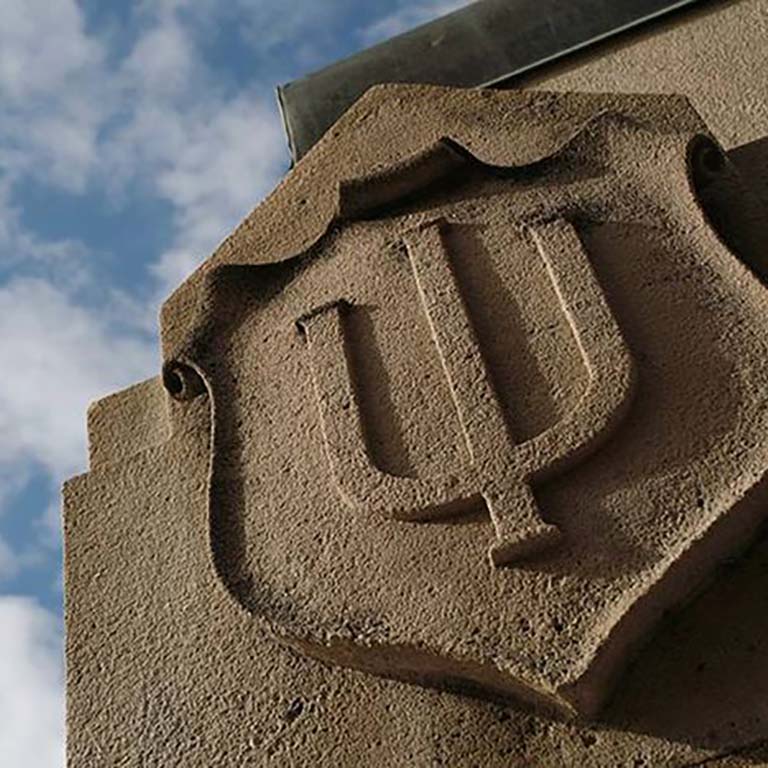A project involving Indiana University researchers was awarded $23.3 million from the European Commission to shape chemical safety regulation without the use of mammalian animal testing.
IU is part of a consortium of European and U.S. organizations called PrecisionTox, led by the University of Birmingham in the U.K., that received the award. PrecisionTox, short for precision toxicology, aims to protect human health from the toxic effects of chemicals found in people's homes, food, and the environment.
"We live in a world that relies on chemicals. We cannot just get rid of them, but with sufficient understanding of their effects, we can learn to make better decisions about how we interact with them," said Joseph Shaw, associate professor and associate dean for research in the top-ranked O'Neill School of Public and Environmental Affairs.
Shaw will coordinate with researchers from across IU—including Stephen Jacobson and Jonathan Karty from the Department of Chemistry in the College of Arts and Sciences; Jason Tennessen and Thom Kaufman from the Department of Biology in the College of Arts and Sciences; and Maria Bondesson from the Department of Intelligent Systems Engineering in the Luddy School of Informatics, Computing, and Engineering.
The research will be carried out without mammalian animal testing, focusing instead on organisms such as fruit flies, roundworms, water fleas, and zebrafish and frog embryos. IU researchers will build on investments from the Office of the Vice President for Research that helped lay groundwork for the project. IU's status as a global leader in fruit fly research with its world-class Bloomington Drosophila Stock Center, and the university's growing capacity for high-throughput chemical testing with roundworms, will be leveraged to lead the study of these two organisms for PrecisionTox.


 The College of Arts
The College of Arts